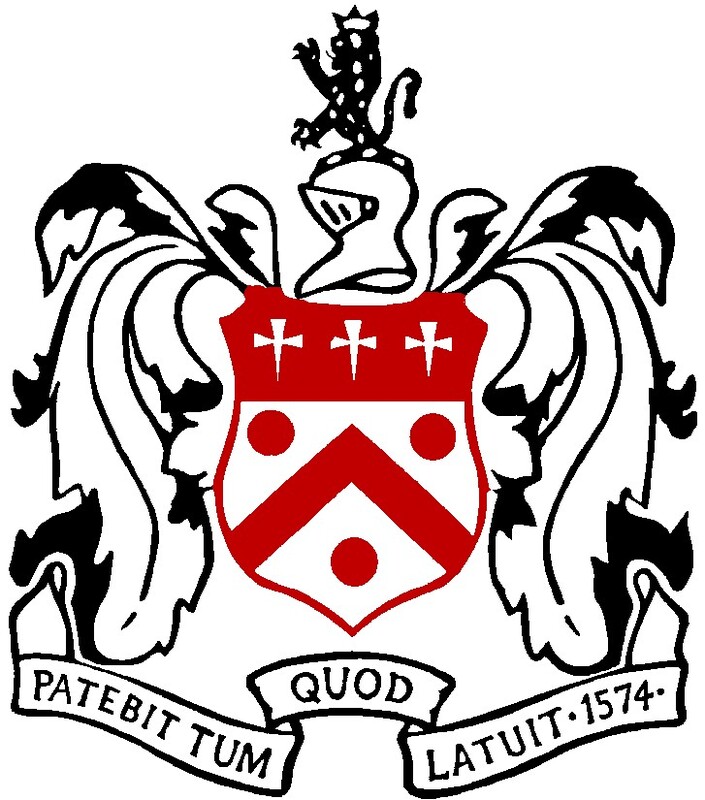
Chemistry is a very practical subject and the emphasis on this course is to learn the key concepts of the subject through active experimental work which is assessed throughout the course for a practical certificate. This also leads to the development of a range of useful laboratory and life skills such as planning, dexterity, observation and powers of analysis and evaluation. The course is broadly split into three parts – Physical, Inorganic and Organic Chemistry. By the end of the course, you will be aware of the importance of Chemistry in modern society and the contribution it makes to social, economic, environmental and technological aspects of life. You will be able to explain the chemical properties of matter by referring to changes at a particle level and understand reactions from across both inorganic and organic Chemistry. Highlights Practical and laboratory focus in lessons. Tailored well-structured course materials for each topic. Super-curricular student-led societies linked with Chemistry.
GCSE Double Science or Chemistry and Maths: Grade 7 (Grade 8 preferred).
Study & Assessment Units At the end of Year 13, you will sit three exams which consist of the following: Inorganic and Physical 35% Organic and Physical 35% Practical and Synoptic 30%
About Education Provider
| Region | South West |
| Local Authority | Gloucestershire |
| Ofsted Rating | Outstanding |
| Gender Type | Co-Educational |
| Address | Princess Elizabeth Way, Cheltenham, GL51 0HG |
Chemistry is a very practical subject and the emphasis on this course is to learn the key concepts of the subject through active experimental work which is assessed throughout the course for a practical certificate. This also leads to the development of a range of useful laboratory and life skills such as planning, dexterity, observation and powers of analysis and evaluation. The course is broadly split into three parts – Physical, Inorganic and Organic Chemistry. By the end of the course, you will be aware of the importance of Chemistry in modern society and the contribution it makes to social, economic, environmental and technological aspects of life. You will be able to explain the chemical properties of matter by referring to changes at a particle level and understand reactions from across both inorganic and organic Chemistry. Highlights Practical and laboratory focus in lessons. Tailored well-structured course materials for each topic. Super-curricular student-led societies linked with Chemistry.
GCSE Double Science or Chemistry and Maths: Grade 7 (Grade 8 preferred).
Study & Assessment Units At the end of Year 13, you will sit three exams which consist of the following: Inorganic and Physical 35% Organic and Physical 35% Practical and Synoptic 30%